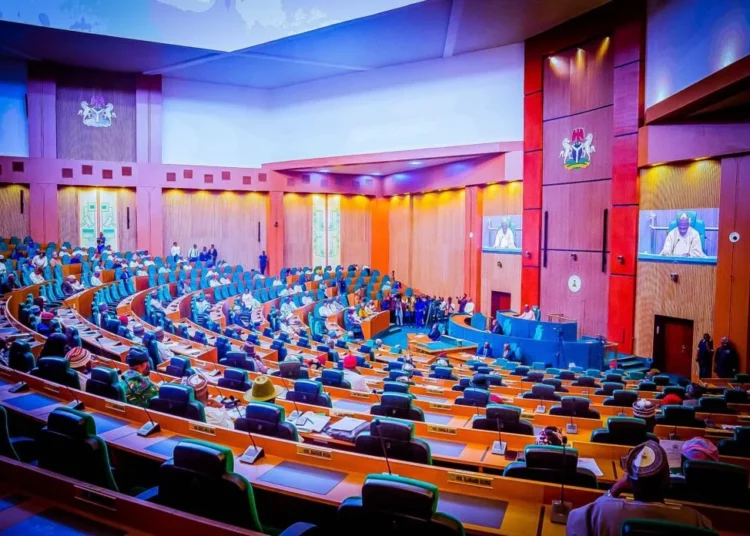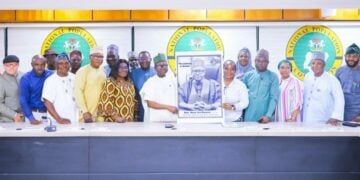The House of Representatives Ad-hoc Committee on Preparedness for Single-Use Plastics Ban in Nigeria has proposed introducing a green tax on industries that produce polypropylene, one of the most widely used materials in plastic manufacturing.
According to the committee, the plan aims to address Nigeria’s rising plastic waste crisis and ensure that industries bear responsibility for the environmental costs of their production activities.
Speaking at the committee’s inaugural meeting in Abuja, the Chairman, Hon. Terseer Ugbor (APC, Benue), said the House will also consider legislation to regulate polypropylene production and promote recycling as part of a nationwide strategy to mitigate pollution and safeguard public health.
Ugbor described plastic pollution as a growing menace, warning that the unchecked rise in polypropylene-based products has placed immense pressure on Nigeria’s strained waste management systems.
He said: “Polypropylene’s environmental impact is substantial and disturbing. It releases toxic chemicals like formaldehyde and benzene during production, putting workers and nearby communities at risk.
“It’s responsible for enormous carbon emissions and relies heavily on fossil fuels, contributing to resource depletion. As waste, polypropylene isn’t biodegradable, lingering in landfills for up to 500 years and polluting our oceans and harming marine life.”
The lawmaker also said the committee would work closely with the Federal Ministry of Environment and the National Environmental Standards and Regulations Enforcement Agency (NESREA) to develop policy frameworks for the proposed green tax and integrate polypropylene recycling into the national waste management programme.
“Nigeria cannot afford to continue on this path of environmental neglect. Our industries must take responsibility for the ecological footprints they leave behind.
“This committee will work with all relevant stakeholders to ensure that sustainable, environmentally responsible solutions are not just recommended but implemented,” Ugbor said.
He said the committee would also hold public hearings with manufacturers, recyclers, and environmental experts to ensure that any proposed levy or regulation is adequate and equitable.
“This is not about taxation, it is about responsibility, sustainability, and protecting the future of our environment and our people,” the Benue lawmaker noted.





